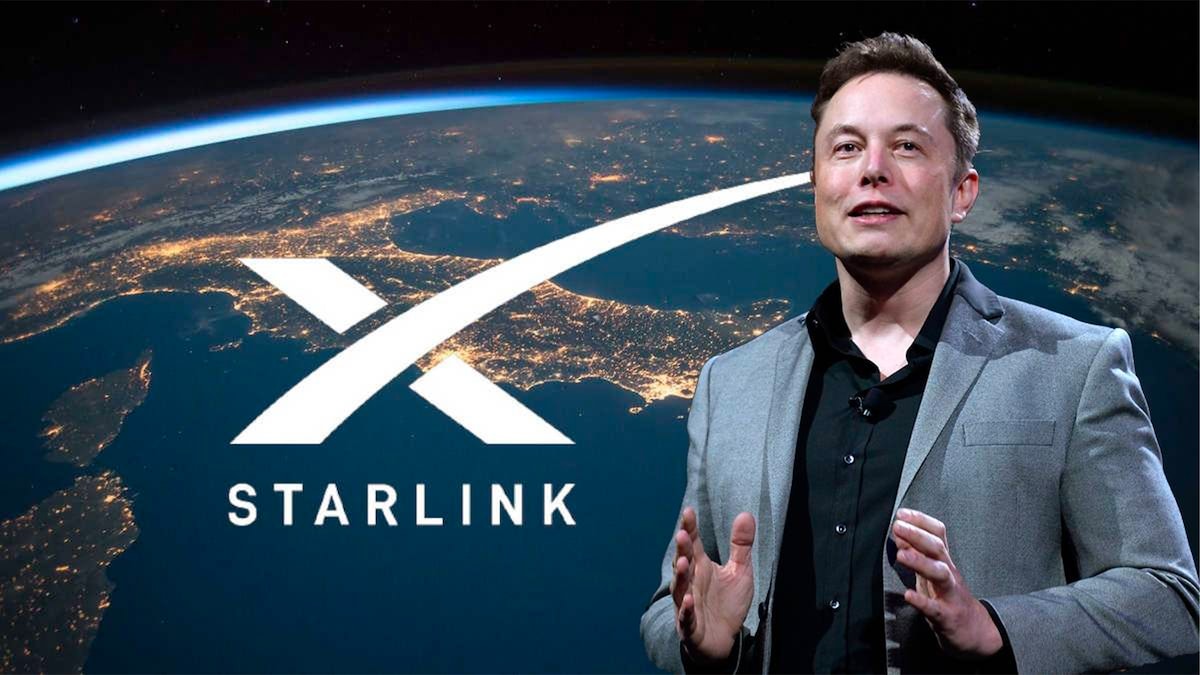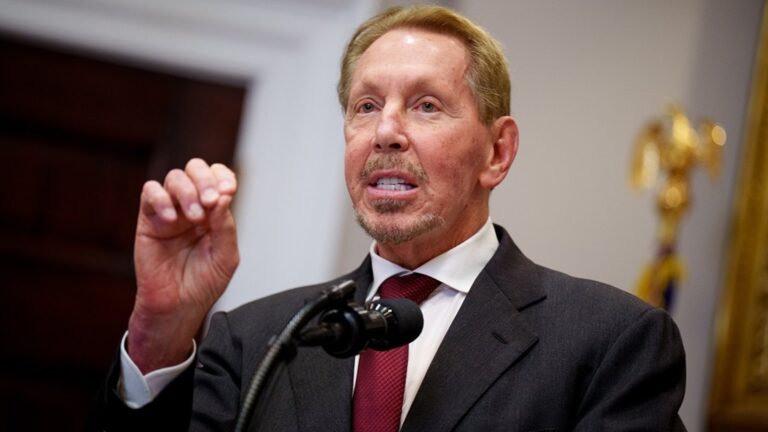In September, SpaceX reportedly proposed investing $1.5 billion in Vietnam tied to its Starlink rollout, with the company also exploring partnerships with Vietnamese firms to distribute equipment and deliver services to end users
read more
Vietnam has granted Elon Musk’s satellite internet venture Starlink permission to operate in the country for a five-year trial period, a significant regulatory shift that allows SpaceX to provide low-orbit satellite services to as many as 600,000 users.
The decision, confirmed in a government statement this week, permits SpaceX to invest in telecommunications infrastructure on a pilot basis until 1 January 2031.
It comes after Vietnam’s National Assembly approved legislation in February enabling foreign companies to operate low-orbit satellite technology under certain conditions,
Bloomberg reported.
No cap on foreign ownership
In a notable departure from long-standing restrictions on foreign investment in the telecoms sector, the government said there would be no ownership cap for Starlink. The venture will be “based on principles that ensure national defense and security,” the statement said, reflecting Hanoi’s ongoing balancing act between economic liberalisation and state oversight.
The approval is expected to boost Vietnam’s ambitions to expand internet access across remote and maritime areas, including on commercial flights– potentially paving the way for inflight WiFi services on Vietnamese airlines.
READ MORE:
Elon Musk’s Starlink is coming to India. Here’s how it will work
Nguyen Anh Cuong, deputy head of the Viet Nam Telecommunications Authority, said Starlink would be treated like other telecom providers.
Strategic timing amid warming US ties
The move comes amid deepening economic ties between Vietnam and the US, and just weeks after Prime Minister Pham Minh Chinh urged officials to fast-track the approval process during a meeting with US business leaders.
The pilot program aligns with Vietnam’s broader strategy to attract US investment and insulate itself from potential trade headwinds– including the threat of tariffs should Donald Trump return to the White House.
In September, SpaceX reportedly proposed investing $1.5 billion in Vietnam tied to its Starlink rollout, with the company also exploring partnerships with Vietnamese firms to distribute equipment and deliver services to end users.
A digital leap — with geopolitical undertones
For Vietnam, the arrival of Starlink could help bridge digital divides in rural areas and reinforce the country’s status as a tech manufacturing hub. But the decision to allow a US-owned satellite internet provider to operate without ownership restrictions also carries geopolitical implications, particularly given the country’s traditionally cautious approach to foreign involvement in sensitive infrastructure.
While the pilot scheme provides SpaceX with a toehold in
one of Southeast Asia’s most promising digital markets, full commercial operations are likely to depend on the results of the trial– and how effectively Starlink can navigate Vietnam’s regulatory and political landscape.




















